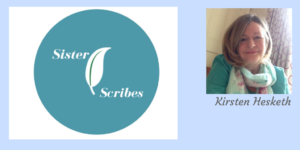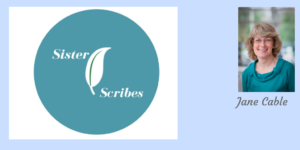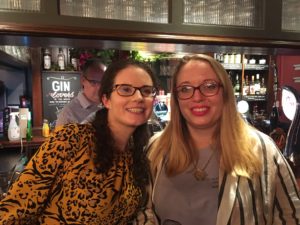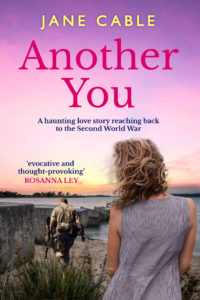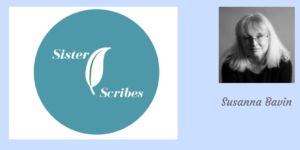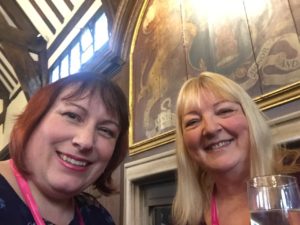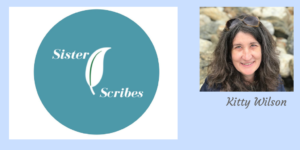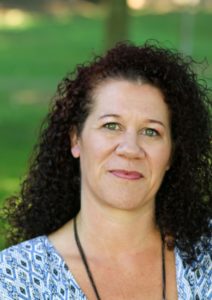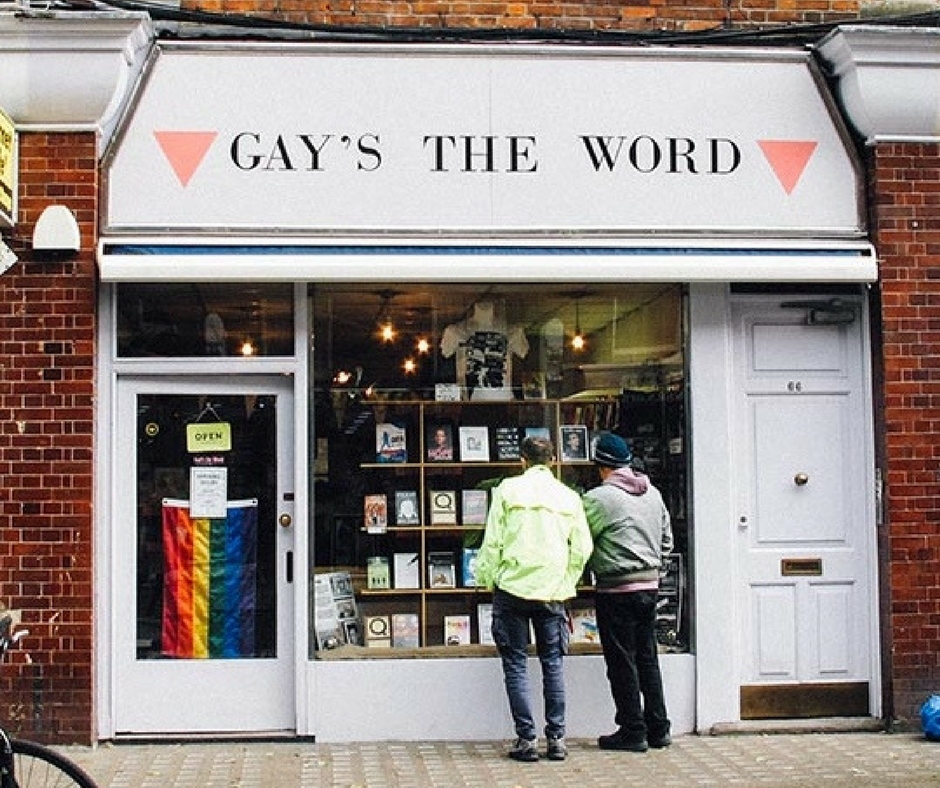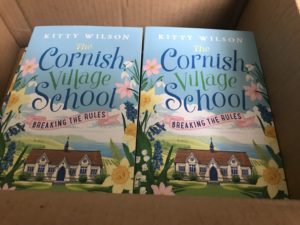Becci is a sister scribe from Reading Writers – as well as being on the committee together and going to the regular meetings, we like to write together in local cafés. She writes under the name R.L. Fearnley and is a fantasy poet and novelist, performing her poetry all across the country and delivering creative writing workshops in a variety of settings. Her poetry collection, ‘Octopus Medicine’ was published under ‘Becci Louise’ by Two Rivers Press in 2017. She is working on her first novel.
Lonely children love other worlds. I know this because I was a lonely child. I found solace in alternative landscapes filled with dragons, wizards and magic. The idea of riding on the back of a fire-breathing monster was one of the few things that made me feel powerful. I loved the stories of dragon-riding heroes and farm-boys-turned-champions. It made me feel that anyone, no matter how humble and invisible, could have the potential for more. I devoured these stories with gusto; Christopher Paolini’s ‘Eragon’ was a favourite, as was J.R.R. Tolkein’s ‘The Hobbit’ and C.S. Lewis’ ‘Chronicles of Narnia’. Of course, I wrote my own stories too. Looking back on them now, I see a fatal flaw that I was, perhaps, too young or too socially conditioned to see.
Where are all the women in fantasy stories?
To be fair, they are there. You see them in the flowing golden locks of Tolkein’s Galadriel, the serious and distant personality of Paolini’s Aryen and Lewis’ stuck-up, lipstick-loving Susan, where liking make-up is apparently reason enough to get you thrown out of Narnia. Women in fantasy when I was growing up all seemed to look the same. You knew you were reading a ‘strong, fantastical female’ if she:
- Was an elf of some description
- Had almond-shaped eyes (whatever that means)
- Had high cheek bones
- Had full lips
- Had ‘ivory skin’ (looked dead or never saw sunlight)
- Had long flowing hair, usually black or blonde.
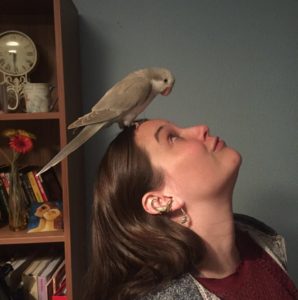 Normally, she was tall, aloof and had no sense of humour. She was ferocious with a sword but devoid of personality. She was almost always the motive for action or the trophy at the end of it. She was, actually, quite boring.
Normally, she was tall, aloof and had no sense of humour. She was ferocious with a sword but devoid of personality. She was almost always the motive for action or the trophy at the end of it. She was, actually, quite boring.
I notice, from my early teenage attempts to write fantasy stories, that all the ones with female protagonists were unfinished. I just couldn’t seem to write them. I thought, in my youth, that it was because I liked doing ‘boy stuff’, like climbing trees and hunting insects, so of course I empathised with male characters more. Now, I think I just read very few fantasy narratives in which women were written as if they were real people.
Fortunately, a recent flurry of phenomenal female fantasy writers is challenging this trend. Jen Williams’ brilliant ‘Copper Cat’ trilogy has a fierce, humorous central female character who knows what she wants and goes out to get it. N.K. Jemisin’s stunning ‘Broken Earth’ Trilogy is populated with female characters displaying the range of human strength and vice, and her female characters are almost exclusively of colour (another thing you rarely see in fantasy!) Naomi Novik’s brilliant protagonist in ‘Uprooted’, who’s growth is joyous to witness, also pushes female-centred fantasy to new heights. And I find, suddenly, that I have plenty of inspiration. I no longer read books where I, a woman, am irrelevant. I realise that I don’t have to write ‘women’ in my stories, I just have to write ‘people’. It should not be a revelation to see that these two things are not mutually exclusive. After all, in worlds where anything is possible, why can’t the quiet, plain girl at the back of the class be the one who takes up the sword and slays the troll?

